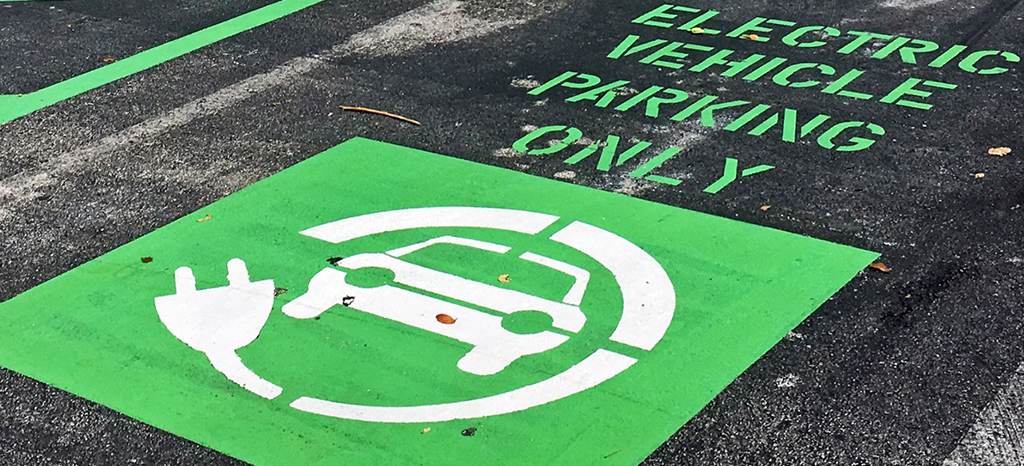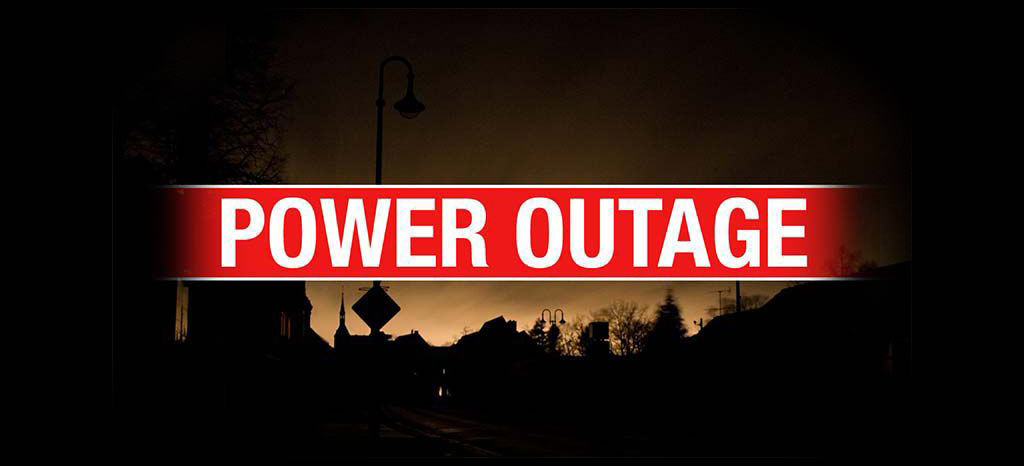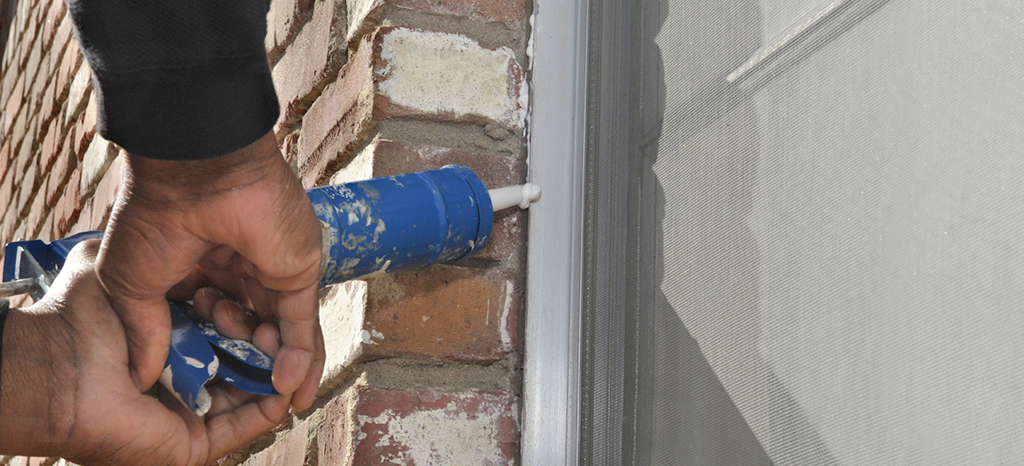What is my Monthly Energy Usage?
Calculating your home’s monthly energy usage is easy, all you need is some information about your electronic devices and a bit of basic mathematics.
All of the electronic devices in your home, no matter how big or small, add up and amount to the dollar value you find on your monthly utility bill. You might be interested in knowing how you get to that number. Being aware of what the main contributors to your utility bill are is a great step in cutting down on your energy usage. Luckily, calculating this is quite simple. Using the steps listed below you’ll know your monthly energy usage for each device.
Safety Tips During Power Outages
Power outages can make you prone to the risk of a fire in your home.
Home fires are a devastating event that’s often related to power outages. No homeowner would want to be in a position where they are likely to put their family and themselves in danger. Luckily there are precautions that you can take which will highly decrease your chances of experiencing a house fire in the event of a power outage.
Ontario electricity prices to rise 52 per cent from 2017 to 2035

The cost of electricity in Ontario for homes and businesses will keep on rising over the next 20 years — albeit not quite as high as once predicted — as the effects of the provincial Liberal government’s plan to lower power bills kick in and then wear off.
The government released an update to its long-term energy plan Thursday, projecting the average monthly residential bill for electricity in Ontario will dip to $127 in 2017 from $158 in 2016, helped by savings from the Liberals’ so-called “Fair Hydro Plan.”
The projections also show, however, that the average power bill will ultimately rise from $127 this year to $193 by 2035, a 52 per cent increase.
Making Your Home Energy Efficient

Making your home energy efficient can be done at a low cost with some simple DIY methods.
You would think that it’s an expensive process to improve your home’s energy efficiency, but it doesn’t have to be. A full home renovation isn’t necessary to save some money in the long run. There are other simpler ways to become energy efficient. If you’re willing to change some of your habits and use some DIY methods you can create a more comfortable environment in your home and save yourself some money.
Here are some things you can do to make your home energy efficient:
Did you know proper sealing saves energy?
Caulking and Sealing Saves Energy – weatherstripping and caulking helps to keep heat and air conditioned air where it should be – in your home!
Constantly heating and cooling your home will not do much if your home has air leaking right out of it due to gaps between framing and door frames and other gaps in the house. Proper sealing saves energy because it is used to seal those gaps around moving and still parts in your home such as windows, doors, plumbing and more. Expanding foam caulk can fill gaps between doors and frames and non expending insulating foam can be used on things like baseboard, ceiling and tiles.
Fixed Price Energy
Canada Locations
Albertasoon
British Columbiasoon
Manitobasoon
Ontario
Quebecsoon
Saskatchewansoon



